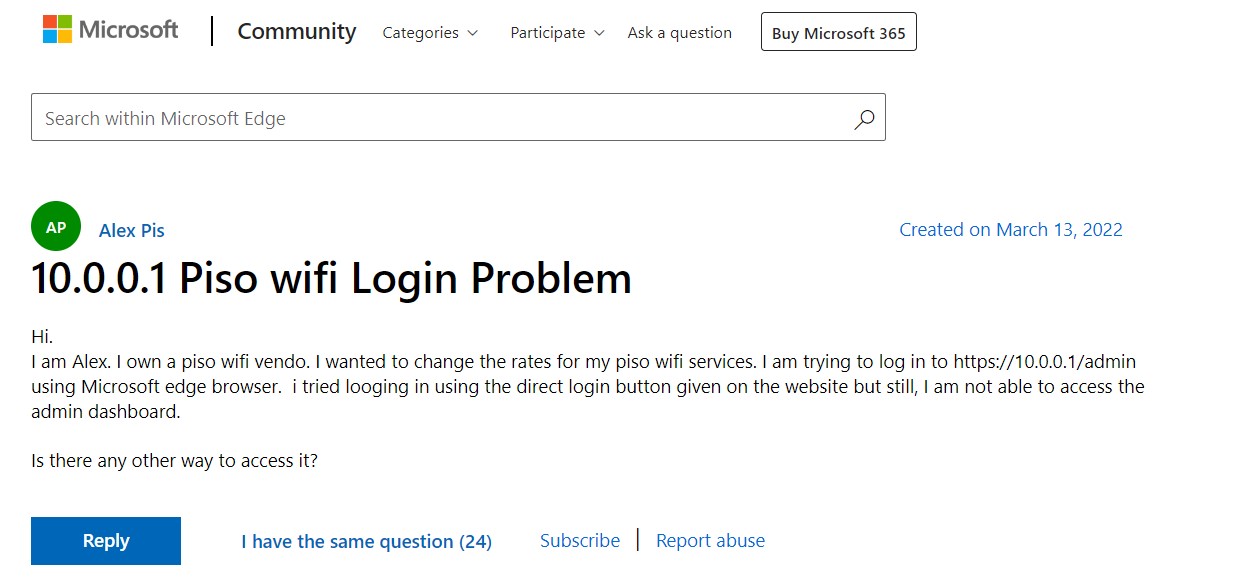Here Are The Benefits OF Using A Mobile Computer

Mobile computing has been around since the 1980s. Since then, mobile computers have taken over the wireless industry. Today, they are around us all over the world, giving them access to digital content anytime and anywhere. Mobile computers are computing devices that are not physically constrained by desktops or data centers, allowing users to access data and information wherever they are.
This means that you can send data, audio, and video over your computer or other wireless-enabled device without having to connect to a fixed physical location. These devices are designed to be extremely portable and small enough to fit in your hand. These are powerful enough to do many things you can do on your computer or laptop, and many mobile computers allow users to instantly capture barcodes and view or edit information as needed. There is a barcode scanning function.
Mobile solutions are playing a key role in the growth of today’s industrial, making connectivity easier than ever. Many vendors pre-package their mobile apps so that users can quickly access information and make decisions wherever they are. View upcoming tasks, get alerts for specific events, view and complete approval requests, access real-time operational reports, monitor inventory levels, and more.
Mobile computers can also be used for a variety of applications, including:
Inventory control
Monitor delivery
Asset management
Field service
Inventory count
Warehouse storage
Attendance tracking
Healthcare and much more
Getting the right type of mobile computer for your needs can significantly increase the speed, accuracy, and number of tasks that mobile workers can perform each day, increasing workplace productivity. With so many types of mobile computers available today, finding the right mobile computer for your needs can be a daunting task.
Below are some factors to consider before buying a mobile computer.
What industrial processes or employee features will benefit from mobile computers?
What application do you need to support a industrial process or the employees who use it?
Do you need a barcode scanning function?
Are you exposed to harsh environments, dust, moisture, drops, etc.?
What connection options do you need?
What is the required operating system?
There are different types of mobile computers on the market, depending on the needs of the user. Some of them are gun grips, phone sizes, full sizes, wearable’s, vehicle mounts, RFID, and will be explained further in another post.
Similar to how your computer works, your mobile computer runs on familiar interfaces such as Windows, Android, iOS, and Linux, depending on your operating system. Features and applications are different. While an industrial mobile computer can store data in memory, users can also take advantage of wireless connections to collect, review, and update information as needed. There are several ways mobile computers can communicate wirelessly.
Securely access programs and databases stored in the cloud or office using the latest Wi-Fi technologies such as 802.11 a / b / g / n
Utilize high-speed WLAN or WWAN networks such as 4G HSPA + worldwide networks and 3.5GE VDO / CDMA networks
Use the optional GPS feature to pinpoint the location of employees, assets, and industrial
Easily sync with modems, printers and headsets using a Bluetooth wireless connection
Stay connected by phone with integrated mobile services
Add memory using expandable card slots
Some of the key benefits of mobile computing are:
Location flexibility-Users can work from anywhere and are not restricted to a fixed location as long as the connection is established.
Time Savings-Location flexibility reduces wasted time when traveling from different locations. It also reduces unnecessary costs.
Increase Productivity-Users can work efficiently and effectively from anywhere, saving time and money and increasing productivity. It also provides easy access to real-time data, allowing executives to make more informed decisions in less time.
Ease of investigation-Users typically need to go to the field to search for data and information and feed it back into the system. Mobile computers allow researchers to collect data and send it to the system in real time without having to travel from the field to the office.
Streamline industrial processes – Appropriate measures are taken to ensure authentication and authorization of users accessing the service. Industrial functions can be performed via secure links and information can be shared between industrial partners.



